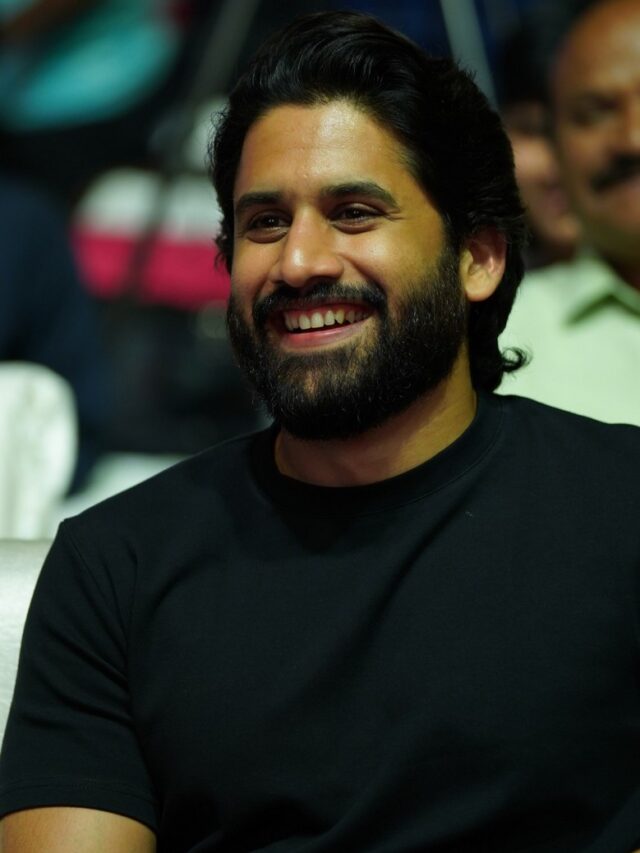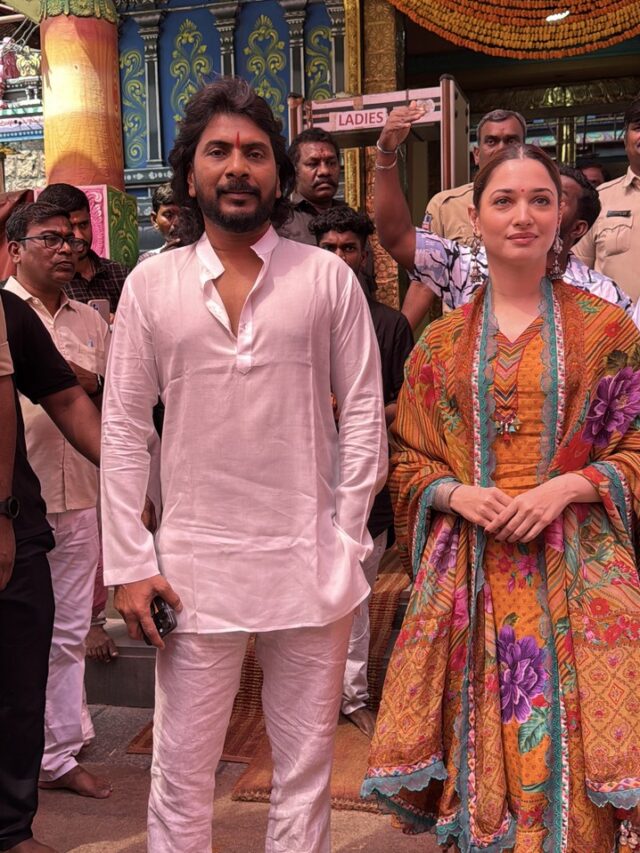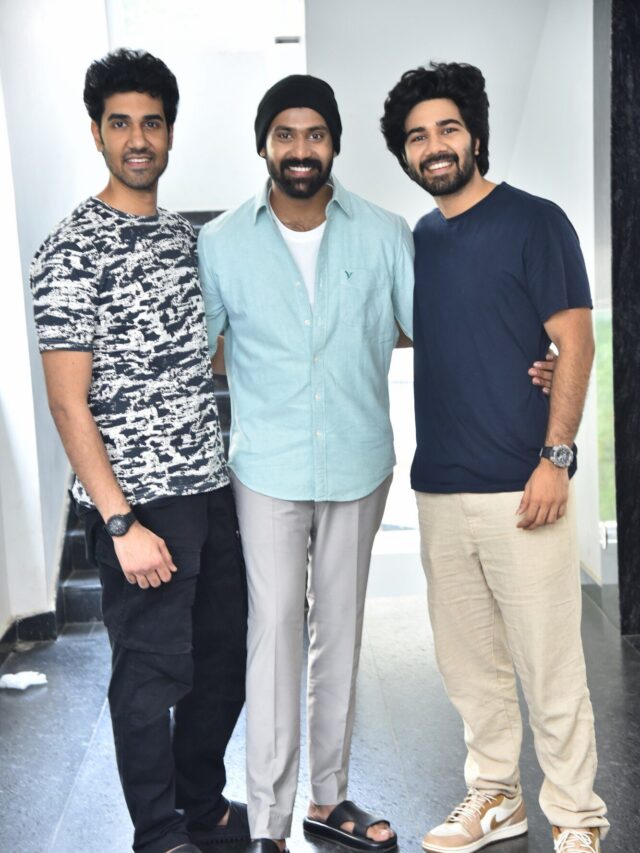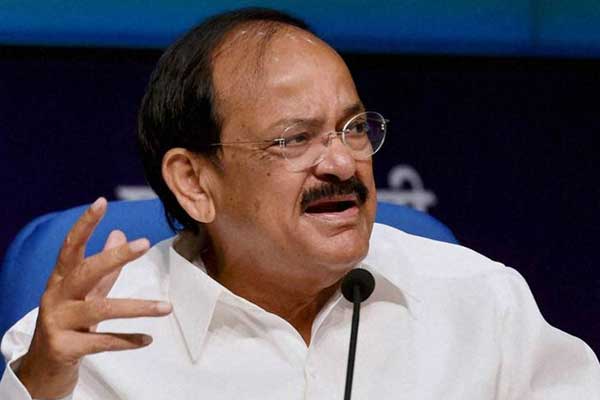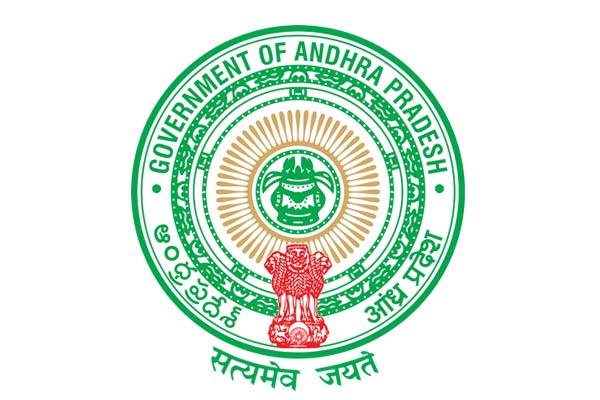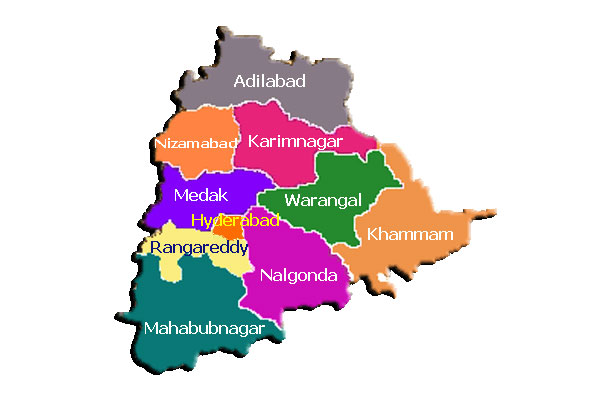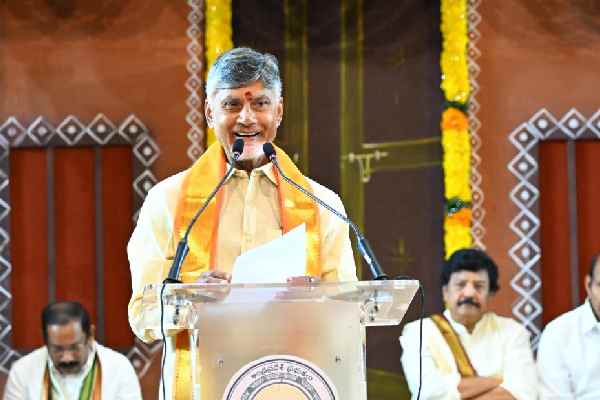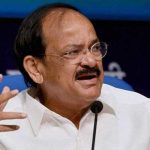Union government today sought alley the misgivings of states like Telangana whose cities could not make it to the first round of smart cities announced yesterday. The cities, which could not qualify for the first round of 20 cities, like Warangal (Telangana) and Tirupati (Andhra Pradesh) will have two more opportunities to get into Smart Cities Mission. The assurance came from the union cabinet secretary Pradeep Kumar Sinha. Today Sinha today interacted with the Municipal Commissioners of 97 cities included in the Smart Cities Mission and Chief Secretaries of all the States and Union Territories on the implementation of Smart City Mission. Telangana chief secretary Rajiv Sharma also participated in the video conference.
Responding to the reaction of some states that Smart City Challenge Competition and selection of cities was based mostly on the proposals for future development of cities. The representatives of left out states like Telangana observed that issues like economic backwardness and urban governance proved to be the limitations and some special consideration might have been given to such cities and states.
Cabinet Secretary informed the 23 States and Union Territories who were not represented in the first list announced yesterday that they could participate in fast track competition by submitting upgraded smart city proposals of one top ranked city in each state and UT by April 15, 2016. The remaining 54 cities get to participate in round two of Smart City Challenge Competition, which is to begin on April 1, 2016. Sinha said in effect two more opportunities will be available in the next few months for more cities to be selected from other states and UTs.
Sinha spoke to Municipal Commissioners of 15 cities which included the commissioners of Warangal (Telangana) and Tirupati ( Andhra Pradesh). The Cabinet Secretary complimented all the 97 Mission Cities for working diligently for preparation of smart city plans almost on their own with a little bit of hand holding from state and central governments, which he said is a departure from the ‘top down approach’ to urban development in the country followed so far.













